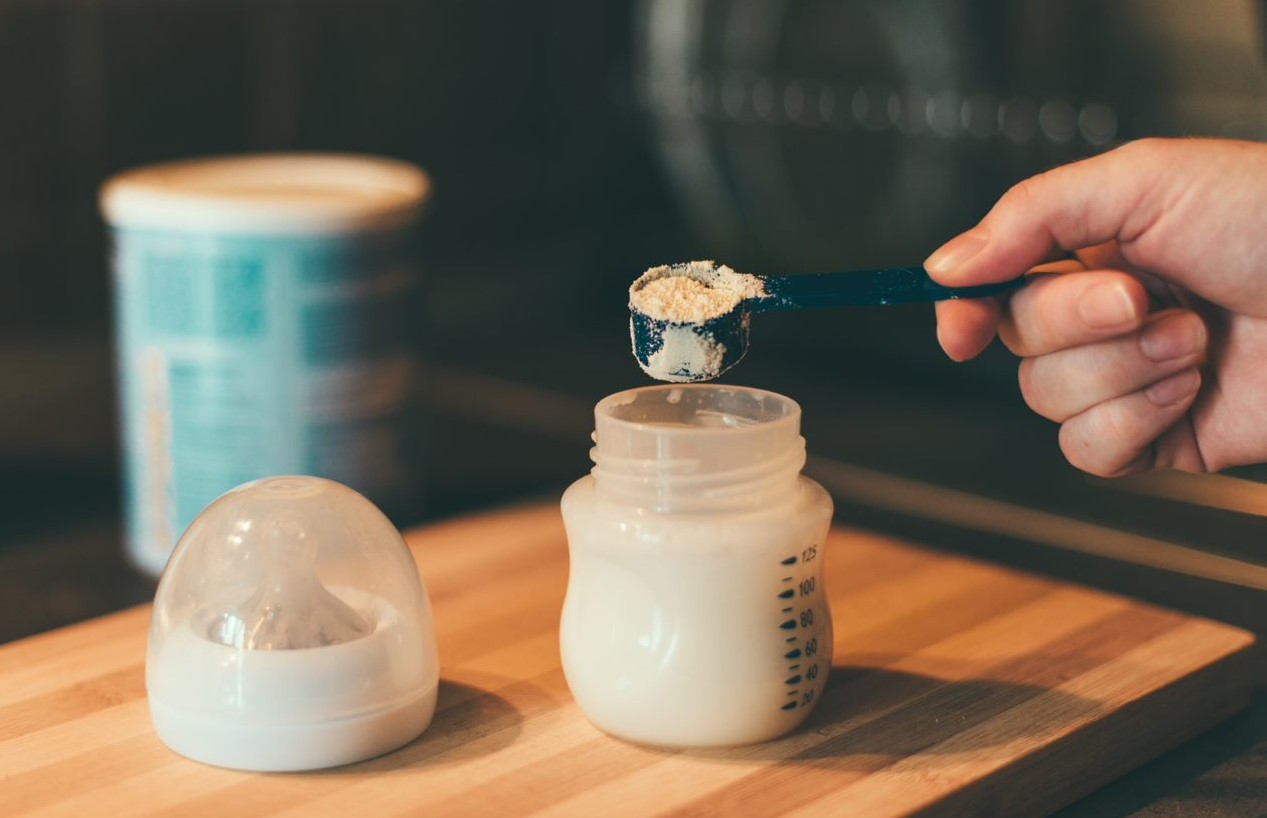Diversify infant formula industry: FDA creates framework to tackle long-term supply issues

07 Jul 2022 --- Amid the ongoing US infant formula shortages, the US Food and Drug Administration (FDA) is implementing a framework that will allow US parents and caregivers broader access to formula. In a bid to increase supply, Netherlands-based Vitaflo USA’s PKU Start product will be imported to the US.
In a joint statement from Robert Califf, commissioner of food and drugs at the FDA and Susan Mayne, director at the Center for Food Safety and Applied Nutrition (CFSAN), the two voiced it is more crucial than ever to strengthen and diversify the US infant formula industry.
To solve the temporary shortage, the FDA previously released guidance indicating the agency’s decision to temporarily exercise enforcement discretion, on a case-by-case basis, for specific regulations that pertain to infant formula.

The FDA considers companies that can provide documents to prove the product’s safety and nutritional suitability and quickly bring goods to US shelves.
According to Califf’s statement, allowing imports has so far generated an estimated total quantity of more than 400 million 8 oz bottles of infant formula for infants in the US from nine different countries. The enforcement discretion will be in place until November 14, 2022.
Importing from Vitaflo
Vitaflo USA’s PKU Start product is pegged as a metabolic formula suitable for infants with phenylketonuria (PKU), a rare genetic condition in which the amino acid phenylalanine accumulates in the body.
 Due to the FDA’s flexibility, the agency has significantly expanded the supply of infant formula to deal with shortages.The US will receive approximately 39,844 full-size, 8 oz bottles within the next two weeks. The second round of products will roll out in September.
Due to the FDA’s flexibility, the agency has significantly expanded the supply of infant formula to deal with shortages.The US will receive approximately 39,844 full-size, 8 oz bottles within the next two weeks. The second round of products will roll out in September.
After being imported from Netherlands-based Vitaflo, PKU Start will be available directly with a prescription. However, it must be used under medical supervision. It will be dispersed via medical distribution channels like pharmacies, suppliers of durable medical equipment, the Special Supplemental Nutrition Program for Women, Infants and Children and home care providers.
NutritionInsight previously reported on the FDA’s implementation of its increased flexibility strategy, with imports from Ireland-based Abbott Nutrition and Australian-based Bellamy’s Organic to begin this month.
Opening up US market
The FDA has assessed that many of the products that temporarily exercise enforcement discretion would benefit from a more streamlined pathway.
The agency, therefore, intends to make it simpler for prospective new entrants (that will export infant formula to the US) to navigate the FDA’s regulatory review process if they have a single point of contact for technical support at the agency.
 Amid shortages, the agency advises against diluting formula or making infant formula at home.This is similar to a method other FDA centers frequently adopt, making it easier for novel medical therapies to access the U.S. market. The FDA wants to promote more market entry, especially new domestic businesses.
Amid shortages, the agency advises against diluting formula or making infant formula at home.This is similar to a method other FDA centers frequently adopt, making it easier for novel medical therapies to access the U.S. market. The FDA wants to promote more market entry, especially new domestic businesses.
Additionally, the agency will hold meetings this summer with companies that import, sell and distribute formulas to discuss what further actions would be required to create a route to long-term, uninterrupted marketing for safe and nutrient-rich formulas.
Lastly, the FDA will create a pathway for companies to continue bringing infant formula into the US after November under the FDA’s temporary enforcement discretion policy. The FDA plans to release additional guidelines on how businesses that have previously been granted temporary enforcement discretion could comply with FDA requirements to continue supplying infant formula to the US.
Expanding safe formula access
The FDA anticipates that the actions it takes and the restart of production at Abbott Nutrition’s Sturgis, Michigan, facility will increase the number of supplies on the way or available for purchase.
The agency advises against diluting formula or making infant formula at home. Parents and caregivers are urged to consult their child’s doctor for advice on modifying feeding habits if necessary.
The FDA also monitors fraudulent products on online marketplaces and works with major online retailers to get illegal and hazardous goods off their websites. Additionally, the agency targets and inspects these products at ports of entry because many counterfeit products come from abroad.
By Nicole Kerr













